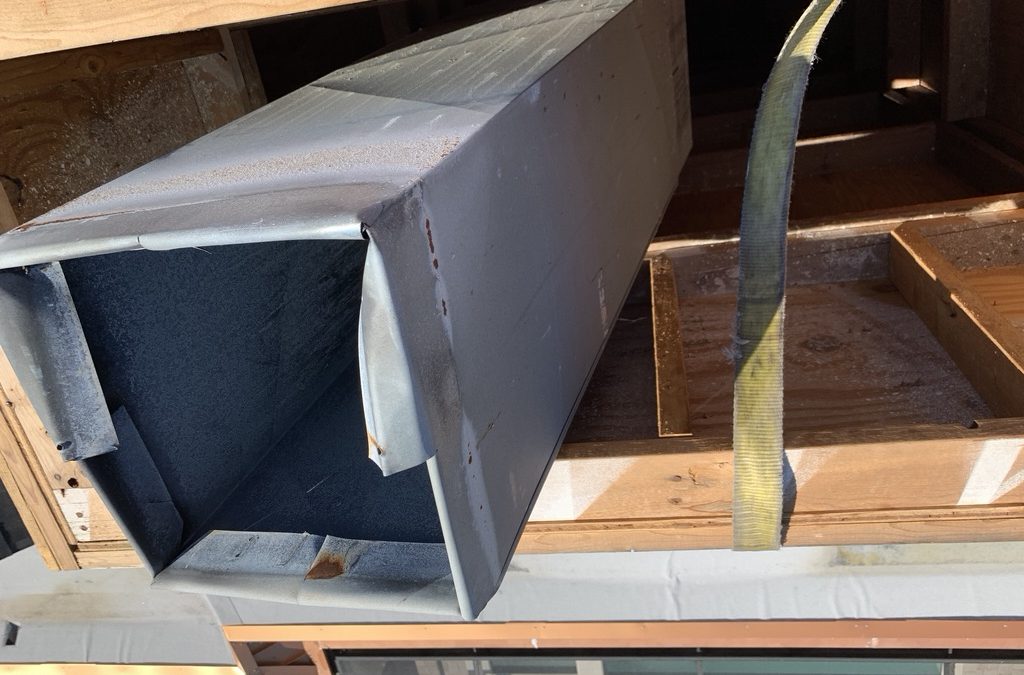Everything has an expiration date, a time when it needs to be inspected and either replaced, repaired, or otherwise cleaned up. Chimneys are no different; they wear down over time and need cleaning. The question is, how often should you schedule a chimney sweep?
The Recommendation
Annually at least, it is recommended that patrons schedule a chimney sweep once a year. That is not very often and is true even if one does not use the fireplace or chimney; this is because the chimney is at risk as a structure from natural weather, especially during the rainy season.
Nature’s Influence
Water is the fiend of architecture and engineering; as a liquid, it can slip in anywhere, and most building materials are either porous or naturally weather away when beaten upon by rain. The exact mechanism that makes rivers and streams—erosion—can compromise the state of your chimney. You are invited to imagine the scene of the chimney collapsing upon your home and the bills you’d have to pay to address it, all from being weathered down.
Water, however, doesn’t tend to weather away chimneys to have them collapse; masonry chimneys instead succumb to being porous, meaning they absorb water. This causes the bricks or stones to warp, meaning they expand and compress against each other, creating pressure; ultimately, the masonry will crack and crumble until chunks fall out, and the same scene you imagined before will unfold. Beyond that, this deformation can impair airflow, blocking the ventilation and cooling the smoke to fall back down instead of leaving the house. This process only finds itself sped along by wind chill, the freezing and thawing of water in the masonry.
Other things to worry about are molds, whose spores being in the air can lead to many health complications and certain sorts of death. Leakage can lead to extended water damage reaching other parts of the home and rust. If the chimney wall has wires running through it, a leak in the wrong place could cause an electric fire in the wall under the absolute worst circumstances.
The good news here is that a chimney sweep does apply water sealant. It is also not difficult to notice if the chimney seems to have started to bend or change shape from the masonry warping, in which case one should call for professionals as soon as possible. The other issue, leaking, can also be addressed and solved. A routine chimney inspection will find them and work to get the problem solved.
Besides that, there are other ways nature can damage a chimney. The obvious one is animals. Animals love to climb into chimneys, and they can cause many issues with their presence. You can learn more about these risks by clicking here. There is also the occasional object that may get thrown into a chimney during a storm. Should you ever notice something massive making contact with our chimney, it is advised you call for an inspection soon; many things the laymen would not see as problematic damage may be dangerous if left alone.
A more common occurrence, lightning striking the chimney, should have you calling the local fire department for inspection immediately. Even if you do not smell smoke or see flames, it is possible the electricity gave a chimney or attic fire life, the same way it once did Frankenstein’s Monster. Lighting can also cause all sorts of other problems and damages to a chimney. Once the department leaves, schedule an appointment with your local chimney sweep at the nearest convenience. Click here to schedule one with us.
Extra Inspections when in Regular Use?
When in regular use, the secondary threat is creosote. A flammable concoction that has had its name plastered over every chimney sight ever. For a good reason, as creosote is no small obstacle, it is the leading cause of chimney fires; when you should get inspected or a full sweep, you see a glaze to a thick tar inside the flue, then immediately.
Otherwise, annually or biannually should do fine. Indeed even with a regularly used fireplace and chimney, if you notice no issues, then annually at the minimum should be fine, during the Spring is recommended.
Author: Tra’Lon Gillis

